
1141. Trump adds $100,000 fee for high-skilled foreign workers in major visa overhaul
An argument that the president's executive orders impose a $100,000 fee for H1-B visa workers and create a pathway for wealthy foreigners to obtain visas.
your daily dose of economic commentary

An argument that the president's executive orders impose a $100,000 fee for H1-B visa workers and create a pathway for wealthy foreigners to obtain visas.

Timothy Taylor discusses the historical shift in U.S. energy policy 50 years ago, promoting coal use in response to oil crises and energy independence concerns.
The discussion centers on personal anecdotes about Derek Parfit, his struggles with insomnia, and reflections on his philosophical impact and relationships.
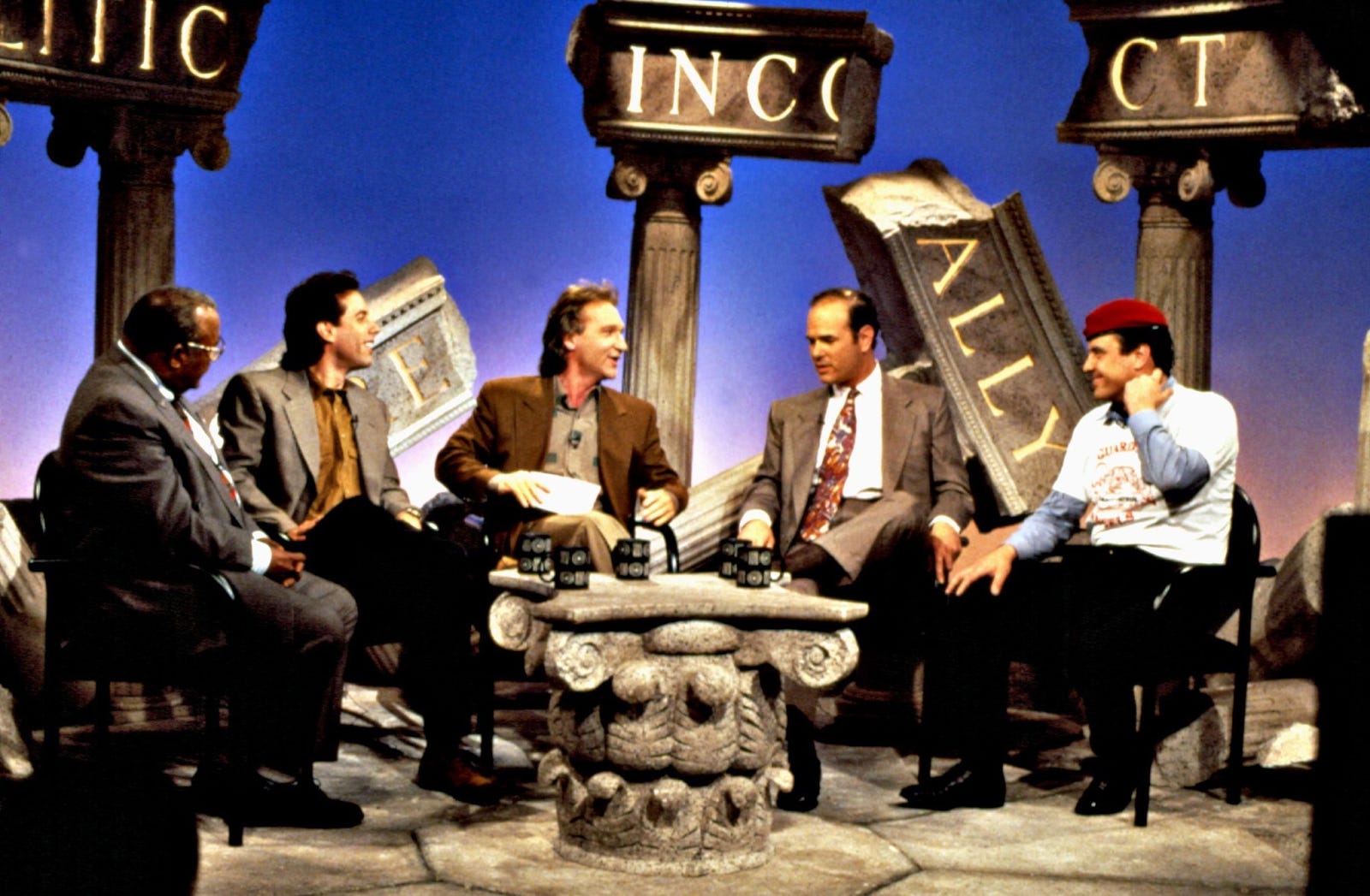
The post reflects on the political climate post-9/11, drawing parallels to current events and discussing the implications of cancel culture in contemporary politics.

Clare Lombardo discusses late night hosts expressing concerns about free speech following Jimmy Kimmel's suspension.

David Folkenflik discusses Brendan Carr's actions as FCC chair in relation to media criticism of the Trump administration.

An argument that AI will transform the workforce by creating new jobs rather than solely eliminating existing ones, drawing parallels to past technological changes.

Progress in discussions between Trump and Xi includes potential U.S. ownership of TikTok to prevent its shutdown in the U.S.
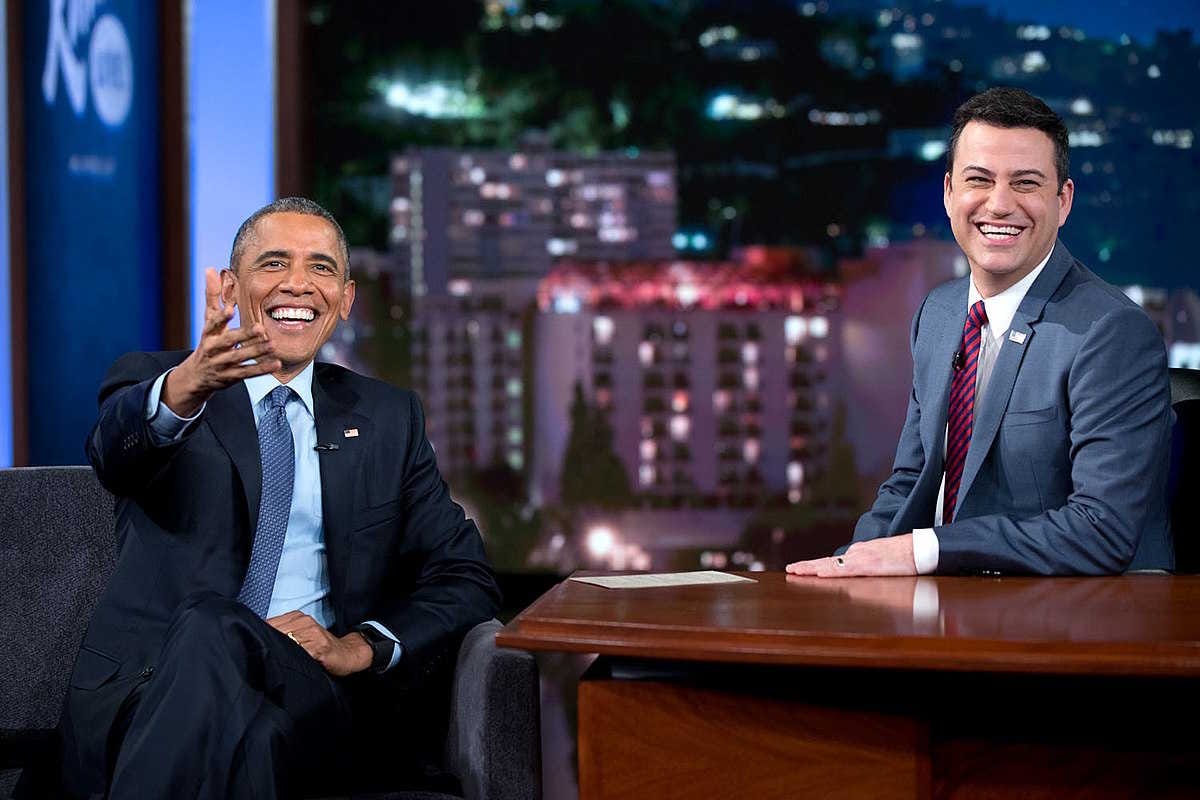
Noah Smith discusses the complexities of free speech in America, highlighting tensions between conservatives and progressives regarding censorship and government influence.

An argument that randomization inference is a valuable statistical method but is often misapplied, particularly in observational studies where treatment assignment may not be random.

An argument that a recent immigration enforcement incident involving South Korean workers highlights the dangers of aggressive policies and their potential impact on international relations and business.
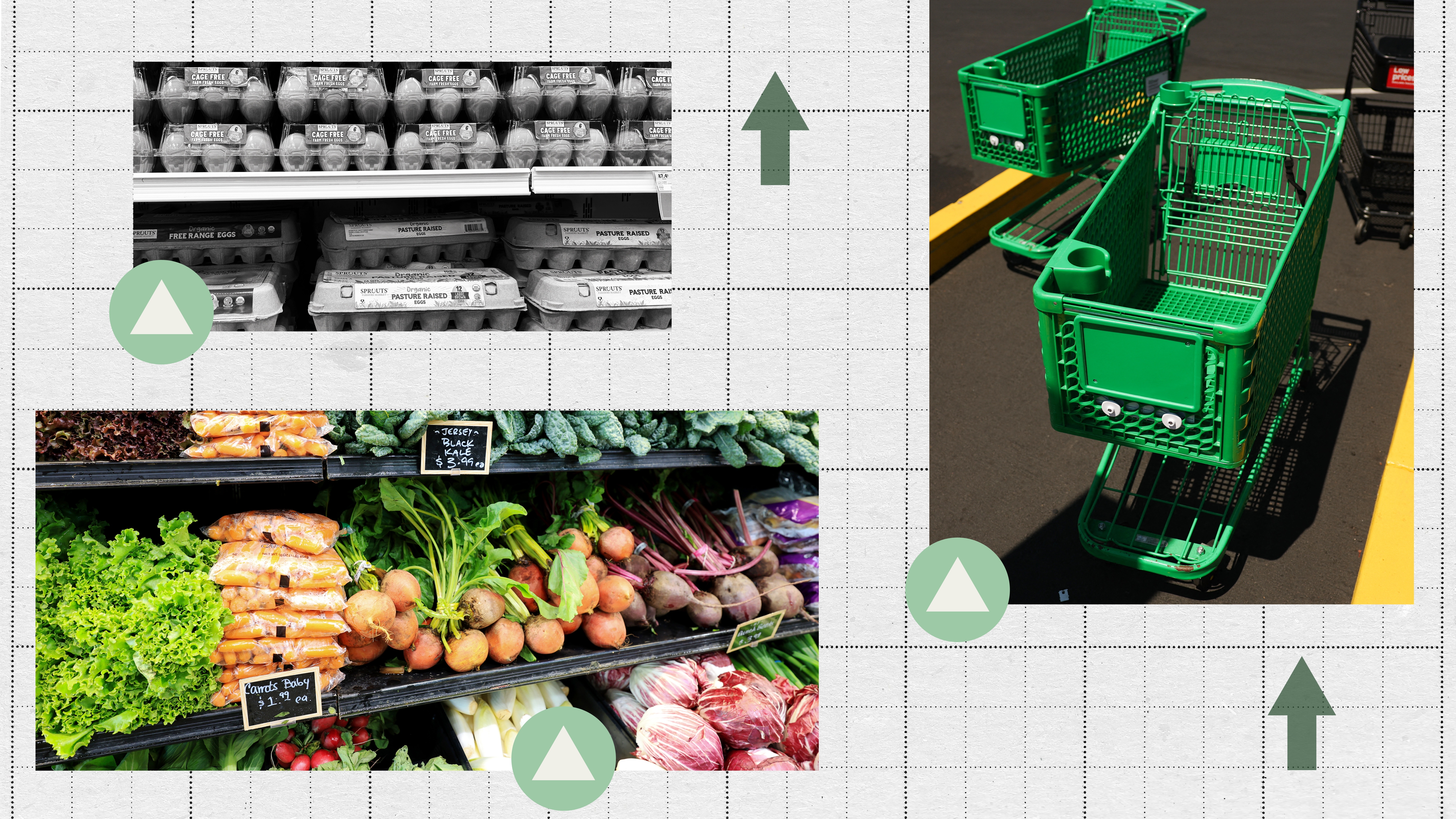
Scott Horsley discusses the significant increase in grocery prices and the ongoing inflation affecting consumers.
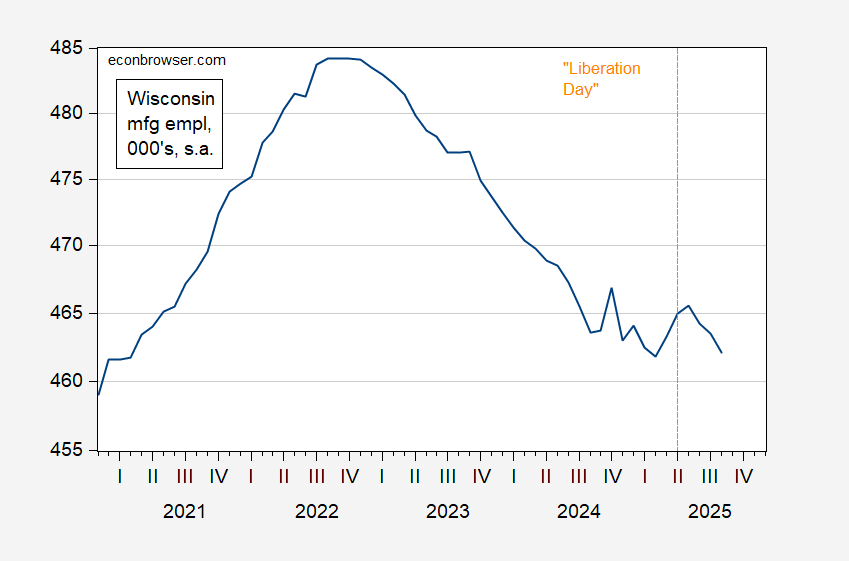
Manufacturing employment in Wisconsin has decreased, contradicting expectations from tariffs, while nonfarm payroll employment has increased, reflecting a complex labor market situation.
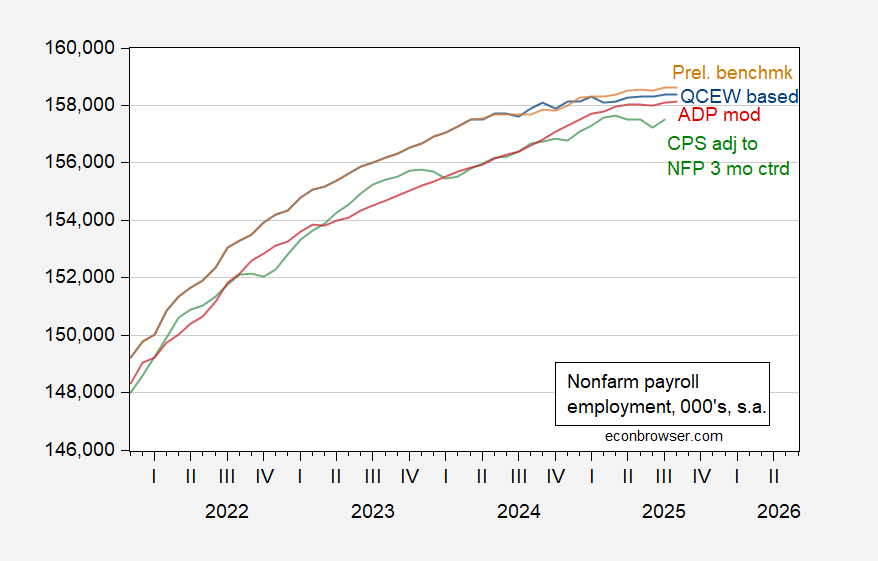
An argument that civilian employment data shows a peak in April 2025, highlighting trends in non-farm payroll and adjustments in employment measures.

Jon Murphy discusses the importance of dissent and conversation in truth-finding, emphasizing its role in democracy and the relationship between experts and nonexperts.

The post discusses the backlash over Jimmy Kimmel's suspension, highlighting concerns about free speech and government censorship in light of his comments on Charlie Kirk's death.

Timothy Taylor discusses the Biden administration's aggressive approach to antitrust enforcement, analyzing merger trends and regulatory actions in recent years.

Rachel Treisman discusses criticism from politicians and celebrities regarding Jimmy Kimmel's suspension, framing it as an issue of free speech and accountability.

Pierre Lemieux discusses the shifting global perceptions of America, highlighting a decline in admiration and respect due to recent events and policies.
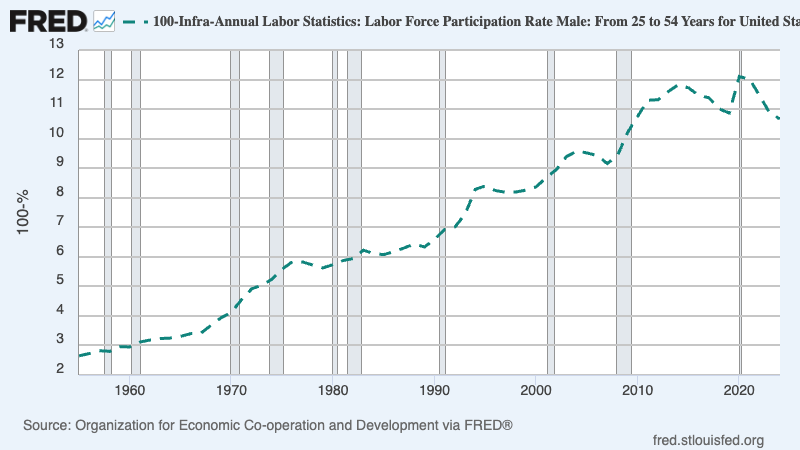
The post discusses the economic and social challenges faced by young white men, linking their resentment to declining labor force participation and political exploitation by certain groups.